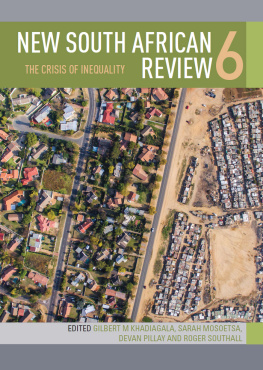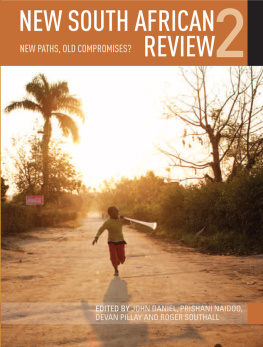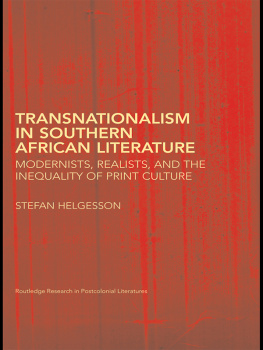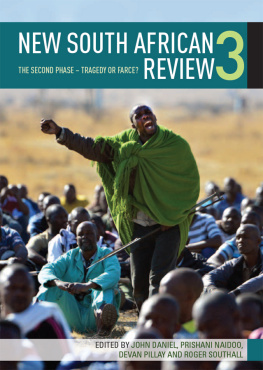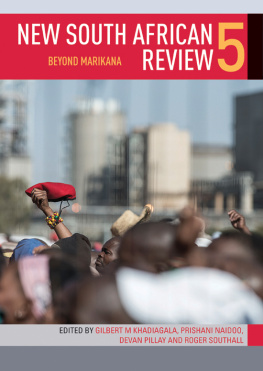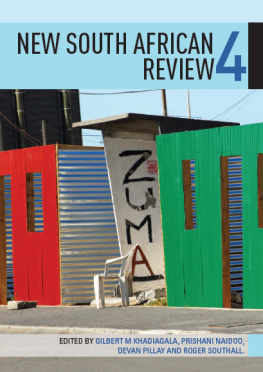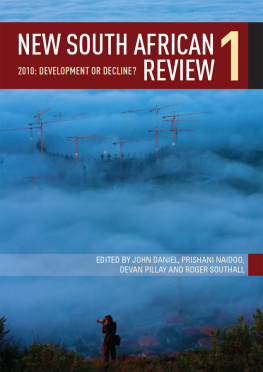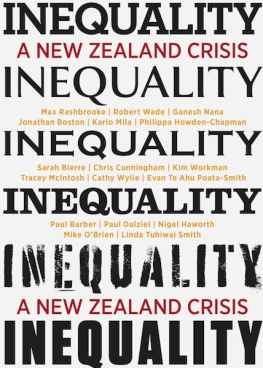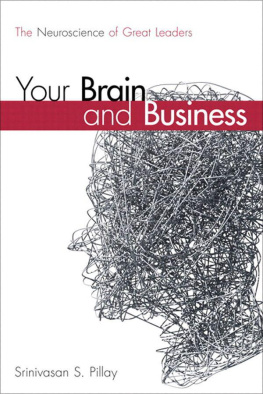Devan Pillay - New South African Review 6: The Crisis of Inequality
Here you can read online Devan Pillay - New South African Review 6: The Crisis of Inequality full text of the book (entire story) in english for free. Download pdf and epub, get meaning, cover and reviews about this ebook. year: 2018, publisher: NYU Press, genre: Politics. Description of the work, (preface) as well as reviews are available. Best literature library LitArk.com created for fans of good reading and offers a wide selection of genres:
Romance novel
Science fiction
Adventure
Detective
Science
History
Home and family
Prose
Art
Politics
Computer
Non-fiction
Religion
Business
Children
Humor
Choose a favorite category and find really read worthwhile books. Enjoy immersion in the world of imagination, feel the emotions of the characters or learn something new for yourself, make an fascinating discovery.
- Book:New South African Review 6: The Crisis of Inequality
- Author:
- Publisher:NYU Press
- Genre:
- Year:2018
- Rating:3 / 5
- Favourites:Add to favourites
- Your mark:
- 60
- 1
- 2
- 3
- 4
- 5
New South African Review 6: The Crisis of Inequality: summary, description and annotation
We offer to read an annotation, description, summary or preface (depends on what the author of the book "New South African Review 6: The Crisis of Inequality" wrote himself). If you haven't found the necessary information about the book — write in the comments, we will try to find it.
New South African Review 6: The Crisis of Inequality — read online for free the complete book (whole text) full work
Below is the text of the book, divided by pages. System saving the place of the last page read, allows you to conveniently read the book "New South African Review 6: The Crisis of Inequality" online for free, without having to search again every time where you left off. Put a bookmark, and you can go to the page where you finished reading at any time.
Font size:
Interval:
Bookmark:


The global crisis of inequality and its South African manifestations
Inequality in South Africa
A national minimum wage in South Africa: A tool to reduce inequality?
The politics of poverty and inequality in South Africa: Connectivity, abjections and the problem of measurement
The financialisation of the poor and the reproduction of inequality
Liberal democracy, inequality and the imperatives of alternative politics: Nigeria and South Africa
Liberalism and anti-liberalism in South Africa. Or, is an egalitarian liberalism possible?
Equality and inequality in South Africa: What do we actually want? And how do we get it?
Analysis must rise: A political economy of falling fees
Education, the state and class inequality: The case for free higher education in South Africa
Still waiting: The South African governments pending promise of equality for people with disabilities
Big fish in small ponds: Changing stratification and inequalities in small towns in the Karoo region, South Africa
Spatial defragmentation in rural South Africa: A prognosis of agrarian reforms
Mining, rural struggles and inequality on the platinum belt
Challenging environmental injustice and inequality in contemporary South Africa
The geography of nuclear power, class and inequality
its South African manifestations

Font size:
Interval:
Bookmark:
Similar books «New South African Review 6: The Crisis of Inequality»
Look at similar books to New South African Review 6: The Crisis of Inequality. We have selected literature similar in name and meaning in the hope of providing readers with more options to find new, interesting, not yet read works.
Discussion, reviews of the book New South African Review 6: The Crisis of Inequality and just readers' own opinions. Leave your comments, write what you think about the work, its meaning or the main characters. Specify what exactly you liked and what you didn't like, and why you think so.

